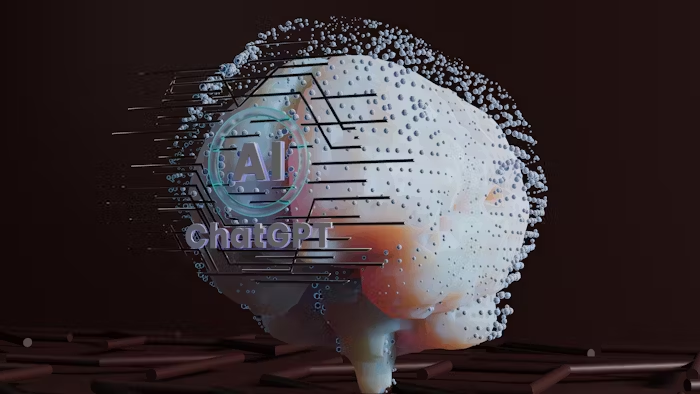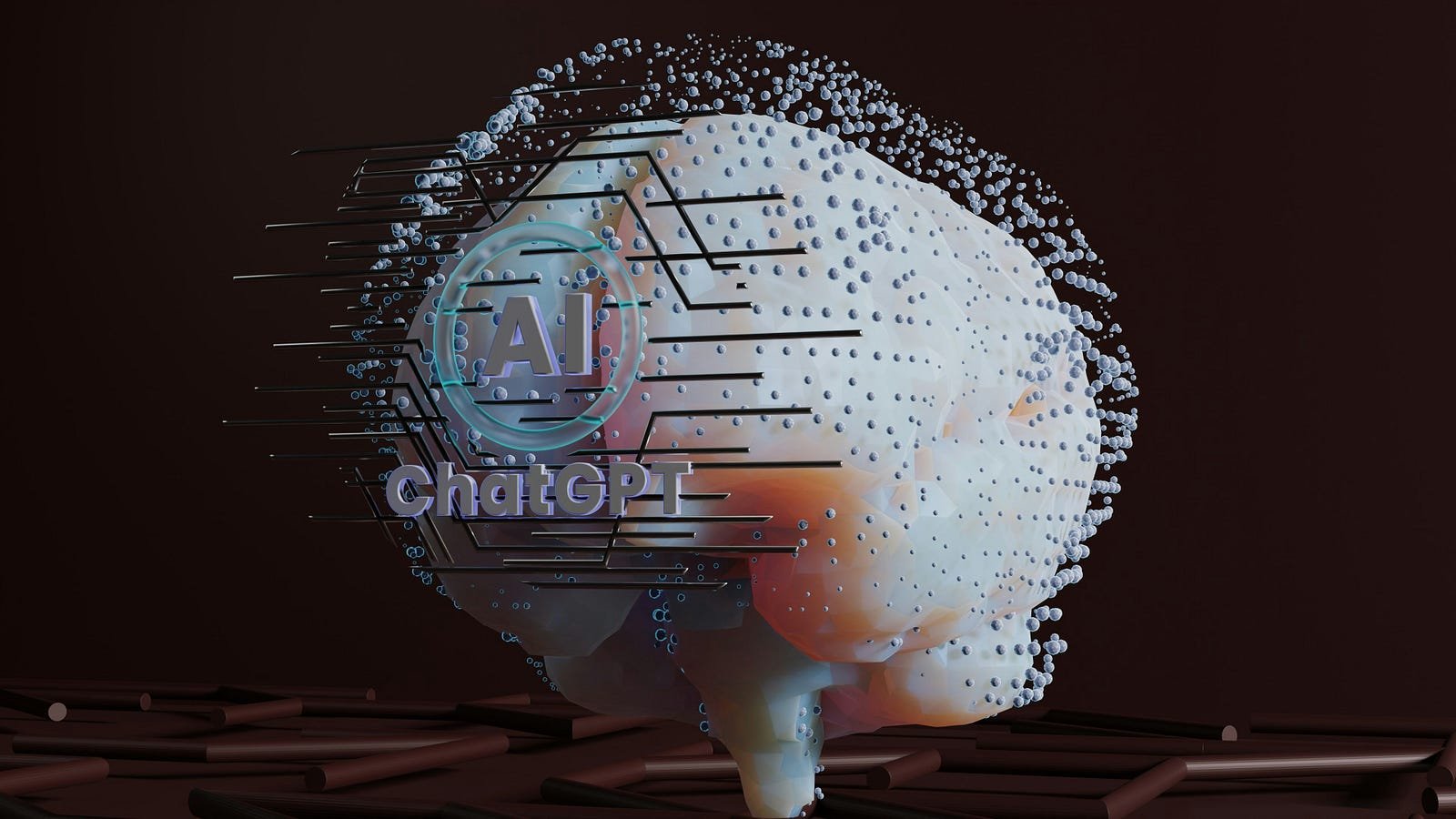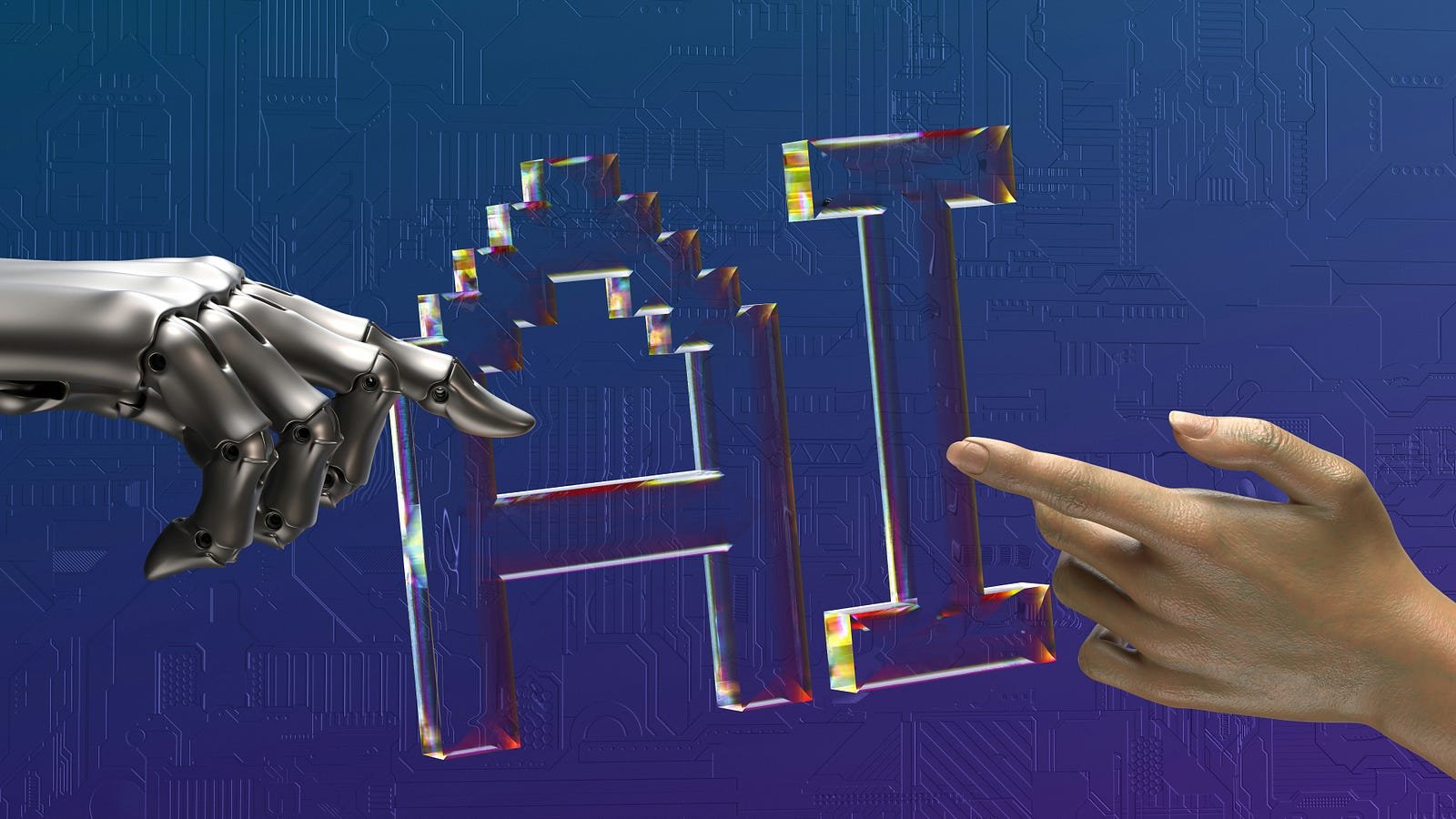Artificial Intelligence (AI) has made incredible strides in recent years, transforming industries from healthcare to finance, and even reshaping our daily lives. However, with great technological advancement comes great responsibility. As AI becomes more integrated into our society, ethical concerns have emerged regarding its development, deployment, and impact. This article will delve into the ethical dilemmas surrounding AI, explore the implications for society, and discuss how we can navigate these challenges in a responsible and balanced manner.
What Are the Ethical Concerns in AI?
The rapid growth of AI technology raises a wide range of ethical issues, many of which have not been fully addressed. These concerns encompass issues like privacy, bias, job displacement, and accountability. Below are some of the most pressing ethical dilemmas that society faces as AI continues to evolve.
1. AI Bias and Discrimination
AI systems are only as good as the data used to train them. If the data contains biases — whether racial, gender-based, or socio-economic — AI can unintentionally perpetuate these biases. For example, facial recognition software has been found to exhibit racial biases, misidentifying people of color more frequently than white individuals. Similarly, AI used in hiring processes or loan approvals could reinforce existing inequalities.
Impact: The perpetuation of systemic bias can lead to unfair treatment of marginalized groups, exacerbating social inequalities.
Solution: Ensuring diverse, representative datasets and regularly auditing AI algorithms can help mitigate these biases.
2. Privacy Concerns and Data Security
AI systems require vast amounts of data to function, and much of this data is personal. From medical records to social media interactions, AI collects and processes sensitive information to make predictions and decisions. This raises critical questions about data privacy and security. How do we protect individuals’ private information in a world where data is constantly being mined and analyzed?
Impact: Data breaches, unauthorized surveillance, and misuse of personal information can lead to significant privacy violations.
Solution: Transparent data collection practices, along with stringent data protection laws (like GDPR), are essential to safeguarding privacy.
3. The Future of Employment: Job Displacement vs. Job Creation
One of the most talked-about ethical dilemmas surrounding AI is its impact on employment. As AI systems become more capable of performing tasks traditionally done by humans, there is growing concern about job displacement. AI-powered automation could replace jobs in manufacturing, retail, transportation, and even sectors like legal and healthcare services.
Impact: Millions of workers may face unemployment or a shift in job roles, leading to income inequality and social unrest.
Solution: A focus on reskilling and upskilling the workforce, alongside creating new roles in AI development and management, can help workers transition to the AI-driven economy.
4. AI in Decision-Making: Accountability and Transparency
AI is increasingly being used to make decisions that affect people’s lives, such as in criminal justice (predictive policing), hiring practices, and loan approvals. However, the decision-making process of AI is often seen as a “black box,” meaning the rationale behind AI’s conclusions is not always clear or understandable to humans.
Impact: If an AI makes a wrong or unjust decision, who is responsible? Without clear accountability, the risk of AI causing harm without recourse is high.
Solution: Ensuring transparency and explainability in AI systems is critical to ensure that their decisions can be reviewed and questioned. Implementing regulatory frameworks for accountability is also necessary.
5. Autonomous Weapons and AI in Warfare
The development of autonomous weapons powered by AI has sparked heated debates regarding their ethical use. These weapons can operate without direct human intervention, leading to concerns about their potential for misuse in warfare.
Impact: Autonomous weapons could be used for military strikes without human oversight, raising concerns about the ethics of delegating life-or-death decisions to machines.
Solution: International regulations and agreements, similar to those established for nuclear weapons, are needed to govern the use of AI in warfare.
6. AI and Human Autonomy
As AI continues to advance, there is the potential for AI systems to become so intelligent that they could surpass human decision-making in certain areas. This raises ethical concerns about human autonomy. If AI begins to control too many aspects of our lives — such as healthcare, personal finance, or even our daily schedules — how much control are we willing to cede to machines?
Impact: Loss of human agency and decision-making power can lead to dependency on AI, undermining individual autonomy and freedom.
Solution: It is essential to maintain a balance, where AI acts as a tool to support human decision-making rather than replace it entirely.
7. The “Singularity” and the Potential for AI to Exceed Human Control
A more speculative yet concerning ethical issue is the potential for AI to reach the point of a technological singularity, where it becomes more intelligent than humans and operates beyond human control. While this scenario is still far from realization, it raises critical questions about AI’s role in society.
Impact: If AI surpasses human intelligence, there are risks it could act in ways that are harmful or unintentionally destructive.
Solution: Experts recommend investing in AI safety research and creating regulatory bodies to monitor the development of highly autonomous AI systems.
How Can We Address These Ethical Dilemmas?
The ethical challenges posed by AI are complex and multifaceted. However, solutions are not out of reach. Here are some strategies to address these issues:
1. Ethical AI Frameworks
Governments, tech companies, and academics need to collaborate on creating ethical AI frameworks. These frameworks should guide the development, deployment, and regulation of AI technologies to ensure they align with human rights and ethical principles.
2. AI Ethics Education
As AI becomes more ingrained in society, it’s essential to educate future AI developers, policymakers, and the public on the ethical implications of AI. Courses and certifications in AI ethics should become standard in tech curriculums, ensuring that everyone involved in AI development understands the broader societal impact.
3. Public and Private Sector Collaboration
Collaboration between private tech companies and public institutions is essential to regulate AI. Governments should pass legislation that governs AI technologies, while tech companies should adhere to ethical guidelines for development and use.
4. Continuous Monitoring and Auditing
Regular audits of AI systems are crucial to ensure they don’t perpetuate harm, whether it’s through biased decision-making or inadequate data protection. A robust auditing system will allow for continuous improvement and adaptation in AI systems.
Striking the Right Balance
The ethical dilemmas surrounding AI are complex, but not insurmountable. As AI technology evolves, it is essential to approach these challenges with responsibility, transparency, and foresight. By creating ethical frameworks, promoting AI education, and fostering collaboration, we can ensure that AI benefits society without compromising fundamental human rights and values.











